In a series of online and face-to-face mini-lectures, known as the Ageing Well Public Talks, we have been exploring how important it is, over our lifespan, to maintain well-balanced nutrition and hydration as well as regular physical and social activity as we get older. The principles discussed during these series of talks are known as the 'Five Pillars of Ageing Well'. These pillars are:
- Nutrition
- Hydration
- Physical stimulation
- Social stimulation
- Cognitive stimulation
The coronavirus pandemic necessitates that we take several measures to protect ourselves and others in our communities. The latest evidence says that our communities, and individuals in them, will suffer less if measures of social distancing and self-isolation are introduced. Following the advice of the World Health Organisation, in March 2020 the UK Government introduced measures designed to delay the transmission of the coronavirus.
Self-isolation may lead to increased sedation, and further lack of physical, social and cognitive activity, which may not only prompt but more worryingly speed up the overall age-related decline.No matter how effective these measures can be in delaying the spread of the virus, some people, especially older and vulnerable people, may find it hard to cope, as there are several risks of self-isolation to older people. We already know that older people have a higher risk of muscle atrophy due to lack of physical activity and other age-related changes (more in Five Pillars of Ageing Well). Self-isolation may lead to increased sedation, and further lack of physical, social and cognitive activity, which may not only prompt but more worryingly speed up the overall age-related decline. It is very important, therefore, that during the time of self-isolation we take care of ourselves and follow the ‘Five Pillars of Ageing Well’ advice so that we increase our chances of full recovery, should we be affected by the virus and/or remain in good health and keep our physical and mental wellbeing after the pandemic is over.
As we know, we start ageing the moment we are born, but it demonstrates more significantly when we reach a certain age, the usual benchmark being 65 years of age. At around this age, age-related changes manifest rather quickly. In the five short films around the 'Five Pillars of Ageing Well' we briefly discussed changes brought about by ageing such as changes in metabolic rate, liver and kidney function, neural and muscle function and overall mobility, physical and mental wellbeing. In this short film, we discuss how we can apply the principles of the five pillars of ageing in supporting ourselves if we need to self-isolate and spend a lot of time at home.
Nutrition
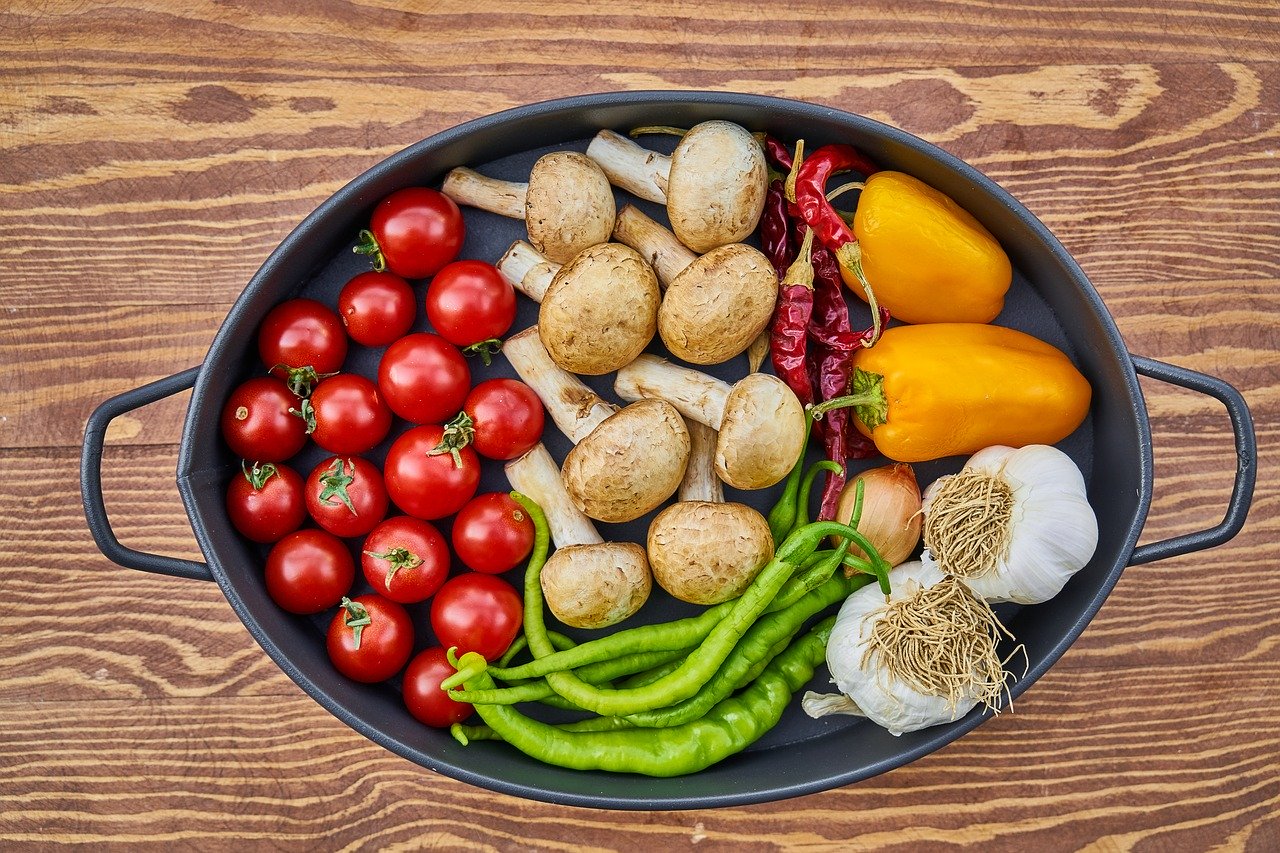
We need to be mindful of keeping regular food intake and make sure we try to keep all necessary nutrients (carbohydrates, proteins and fats) in our diet. It is possible that there will be some temporary store stock shortages which means that we may need to be inventive and replace a source of nutrient with another. For example, if we can’t find pasta we may need to adapt and instead use rice and noodles. If you can eat nuts try and have some every day, as they are an excellent source of protein as well as fats. Bananas are another excellent and filling source of nutrients. We are all aware that fats and carbohydrates are necessary but do remember that proteins are very important for our good muscle function and they are very important to keep in our daily food intake, especially when we get older. In times that we exercise less, we may need to reasonably increase our intake of fibre (fruits and vegetables) to maintain good bowel function. Certain cereals may be a good source of several nutrients, vitamins and amino acids, as well as fibre if there are shortages of fruit and vegetable in the market (although this is not expected). The golden advice is to keep your weight under control and support your body with all nutrient groups to keep it strong to fight any infection. There is plenty of very useful advice regarding nutrition on the NHS and other websites (see links below).
Hydration
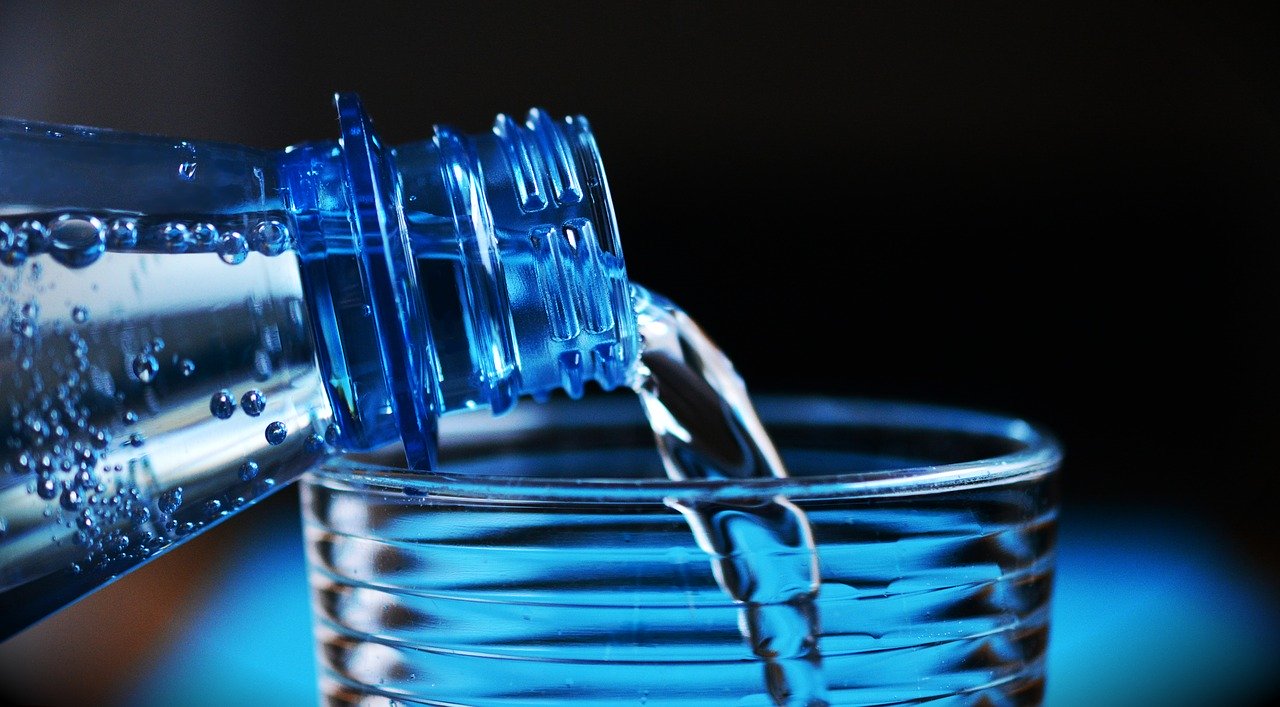
It is immensely important to keep hydrated as good hydration keeps our metabolic rate at an optimal level, which has substantial benefits to all body and brain functions. Good hydration is also especially important for our kidneys and liver which, in addition to very many other functions, deal with clearing up any medication we might be taking. The strict minimum clear fluids intake is 1.5 litre per day but the closer you can get to 2 litres per day (around 8 cups, or 3.5 pints) the better.
Physical activity/stimulation
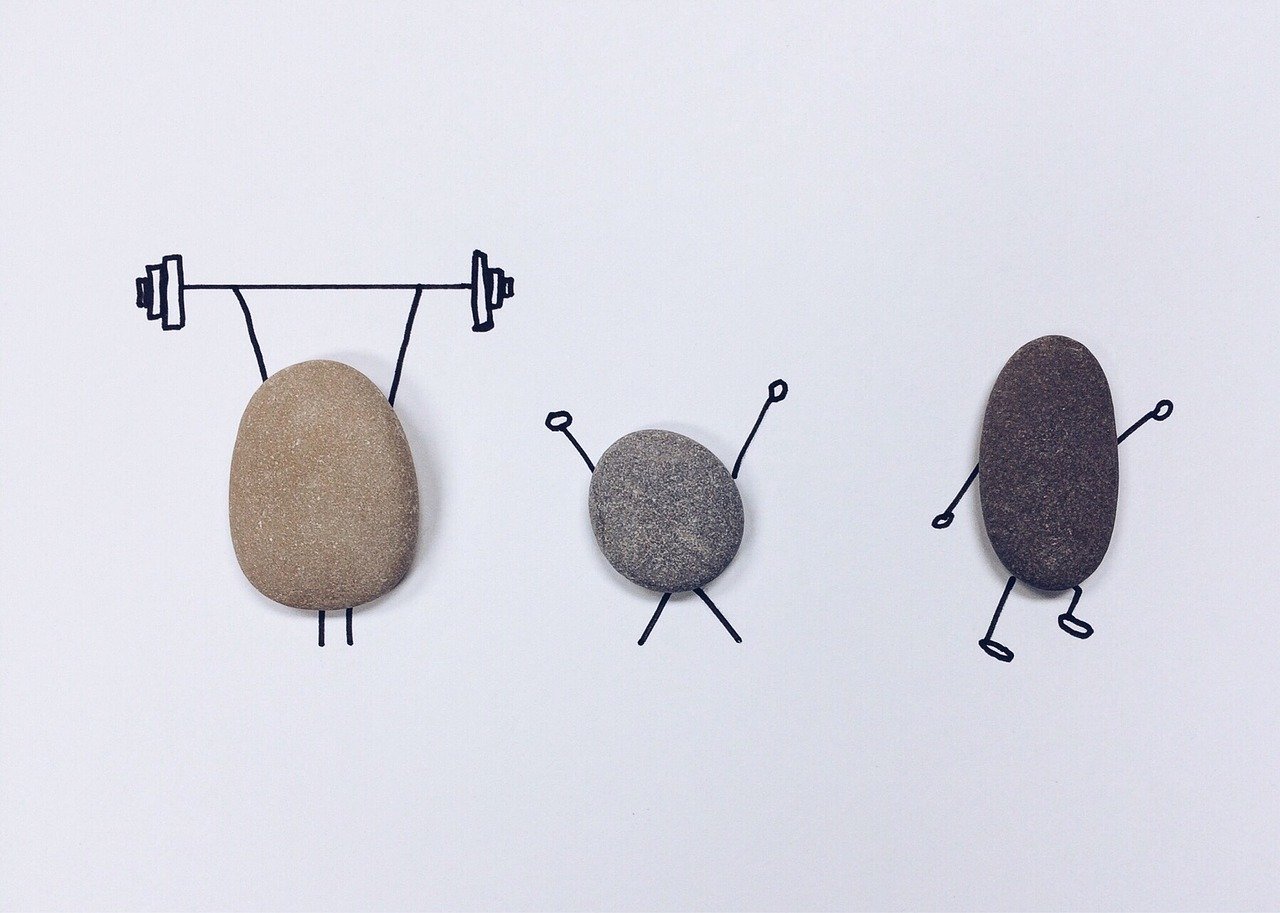
We know how important nutrition and hydration are to both physical and mental health and wellbeing. To keep our good health while we are getting older, we need to keep the blood regularly circulating. Good hydration (drinking plenty) and regular physical activity are very important in that respect. Physical activity does not always mean running, swimming or going to the gym. Being physically active means that we take every opportunity to exercise (keep in motion) at an optimal level. You may wish to check with your healthcare provider about what the optimal level is for you if you have a chronic condition, but it is usually recommended that we keep active for at least 30 minutes a day. Keeping physically active will have a protective effect on our muscles, joints tendons and consequently bones. So, what can we do if we have to self-isolate? There are a few choices. We can spend time gardening or tidying up the garage. If we live in an apartment, we can do the house chores for a few minutes every day. Those with a smartphone can download one of several free apps for exercise at home or watch Tai-Chi videos on YouTube. Stretching and walking inside our home can be as good as walking and stretching outdoors. The main aim is to keep the heart working, the muscles active and the metabolism optimal.
Cognitive and social stimulation
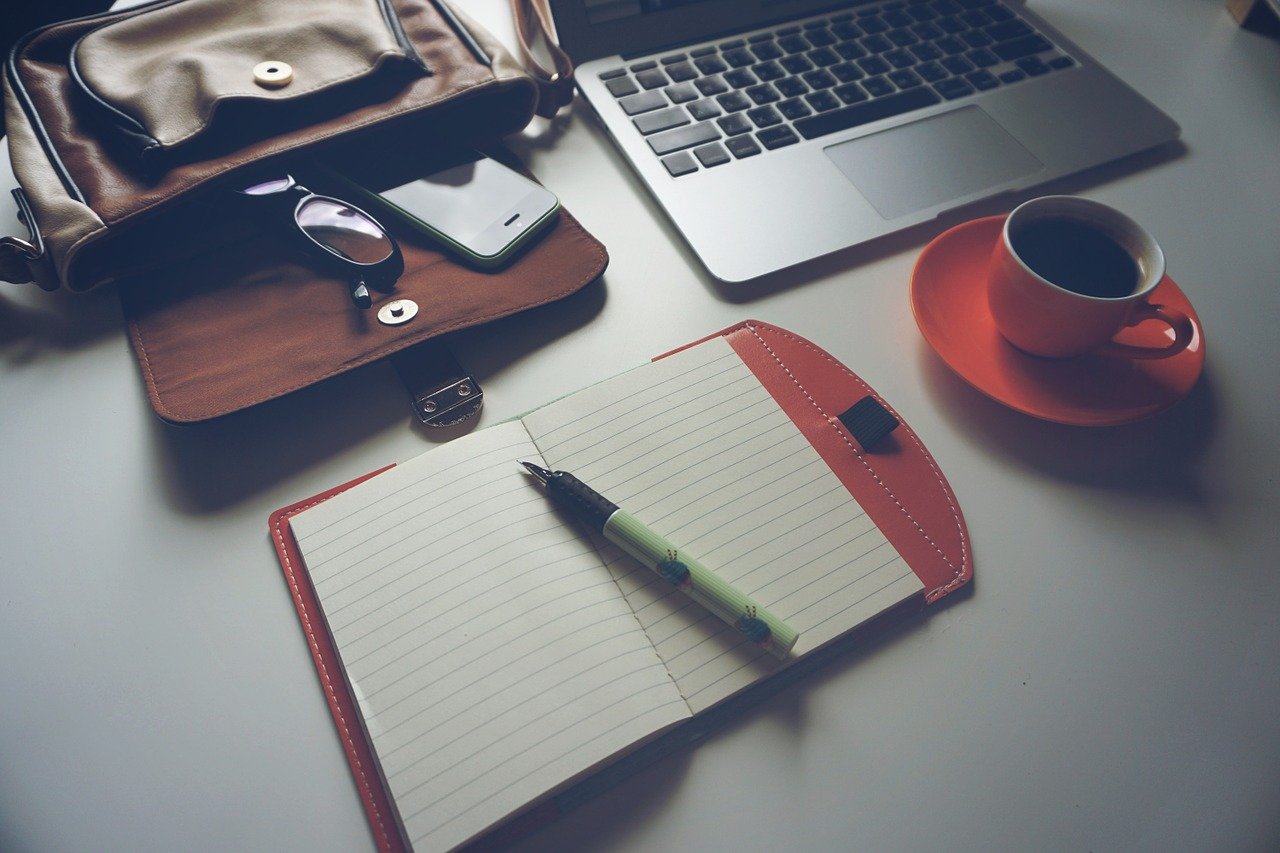
Cognitive and social stimulation is immensely important too and we need to help our brain to keep its plasticity and capacity for as long as we are able to. The brain, like the muscles, works better when regularly stimulated. Stimulation can be of various sorts. For example, observing the surroundings (people, places, nature etc.) or interacting with people and engaging with the world we live in. This might be challenging for those who self-isolate and live on their own. Apart from passive modes of communication (watching TV, listening to the radio, reading magazines, books, crosswords), we may need to mobilise our networks from distance and not be too reserved to pick up the phone and speak to friends and relatives. This is perhaps a good time to learn a new language (which has been reported by research as immensely stimulating – together with playing the piano). If possible, we can use a computer to connect with others. Just remember to take regular breaks to stand up, stretch, walk a little in your home or go out for a walk, where and when this is possible and recommended.
Regularity in our approach to all activities was always recommended by research as being very important. It is very crucial to create a routine that takes us from the morning to the evening, creating your own rhythm and sticking with it, if at all possible while making sure that we have planned our day in a way that it incorporates elements of all the 'Five Pillars of Ageing Well' (nutrition, hydration, and physical, social and cognitive stimulation).
Keeping these in as much as we are able to will support us with keeping well and ageing well even when we need to have reduced social contact, self-isolate or, if it is needed, in a lockdown situation. Remember, most young and older people will not become seriously ill because of coronavirus. Of those people who will become ill, the ones who eat a balanced diet, drink plenty of clear fluids, exercise regularly and keep themselves socially and cognitively stimulated will recover faster and more fully.
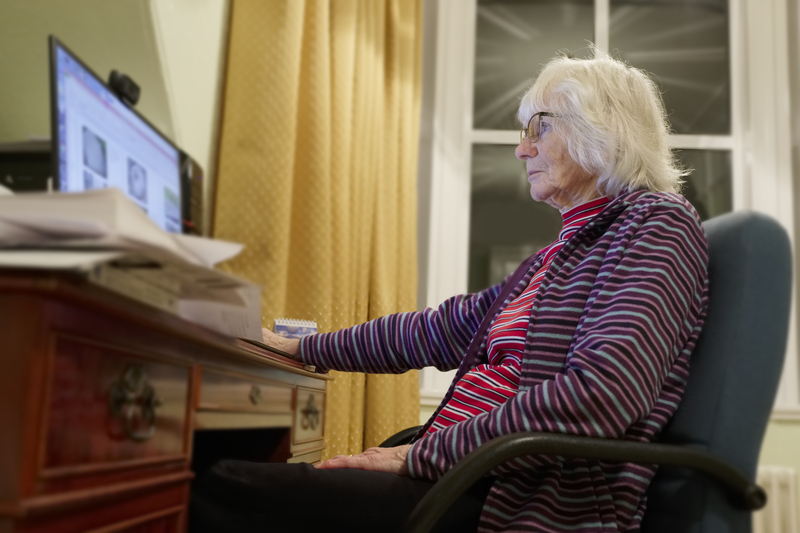














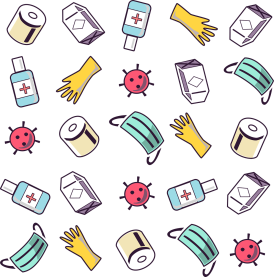



Rate and Review
Rate this video
Review this video
Log into OpenLearn to leave reviews and join in the conversation.
Video reviews